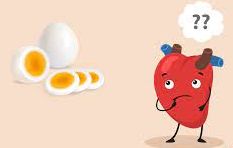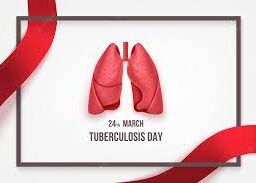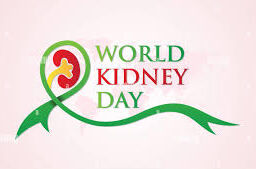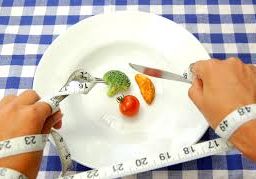
Eggs and Heart Health: What the Latest Research Says
In the ongoing debate over eggs and heart health, myths about cholesterol abound. Let’s unravel the truth behind this age-old misconception. Contrary to popular belief, moderate egg consumption can be part of a heart-healthy diet. Join us as we explore the latest research and insights into the role of eggs in promoting overall well-being.

The myth that eggs are bad for your heart has been around for decades, but it is not entirely true. While eggs do contain cholesterol, the amount of cholesterol in one egg is relatively small and should not have a significant impact on your overall cholesterol levels or risk of heart disease, especially if consumed as part of a balanced diet.
Overview of eggs
Eggs are a versatile and nutritious food that has been a staple in diets around the world for centuries. They are a rich source of high-quality protein, providing all nine essential amino acids necessary for human health. In addition to protein, they contain essential vitamins and minerals, including vitamin D, vitamin B12, riboflavin, and selenium, among others. These nutrients play vital roles in various bodily functions, such as metabolism, energy production, and immune system support. They also contain healthy fats, including omega-3 fatty acids, which are beneficial for heart health. With their affordability, convenience, and nutritional value, eggs are a valuable component of a balanced diet for people of all ages.
In fact, recent research has shown that the cholesterol in eggs may not be as harmful as previously thought. A 2019 study published in the American Journal of Clinical Nutrition found that consuming up to one egg per day did not increase the risk of heart disease or stroke in healthy adults.
Furthermore, eggs are a good source of protein, vitamins, and minerals that are essential for good health. They also contain antioxidants that can help reduce inflammation in the body, which is a risk factor for heart disease.
It’s important to note that some people, such as those with diabetes or a history of heart disease, may need to limit their intake of dietary cholesterol, including eggs, under the guidance of a healthcare professional. However, for most people, moderate egg consumption as part of a healthy diet is not associated with an increased risk of heart disease.
Disclaimer: The information provided in this content is for general informational purposes only. It is not intended as medical or healthcare advice, diagnosis, or treatment. Always seek the advice of a qualified healthcare professional with any questions you may have regarding a medical condition or healthcare decisions.
















